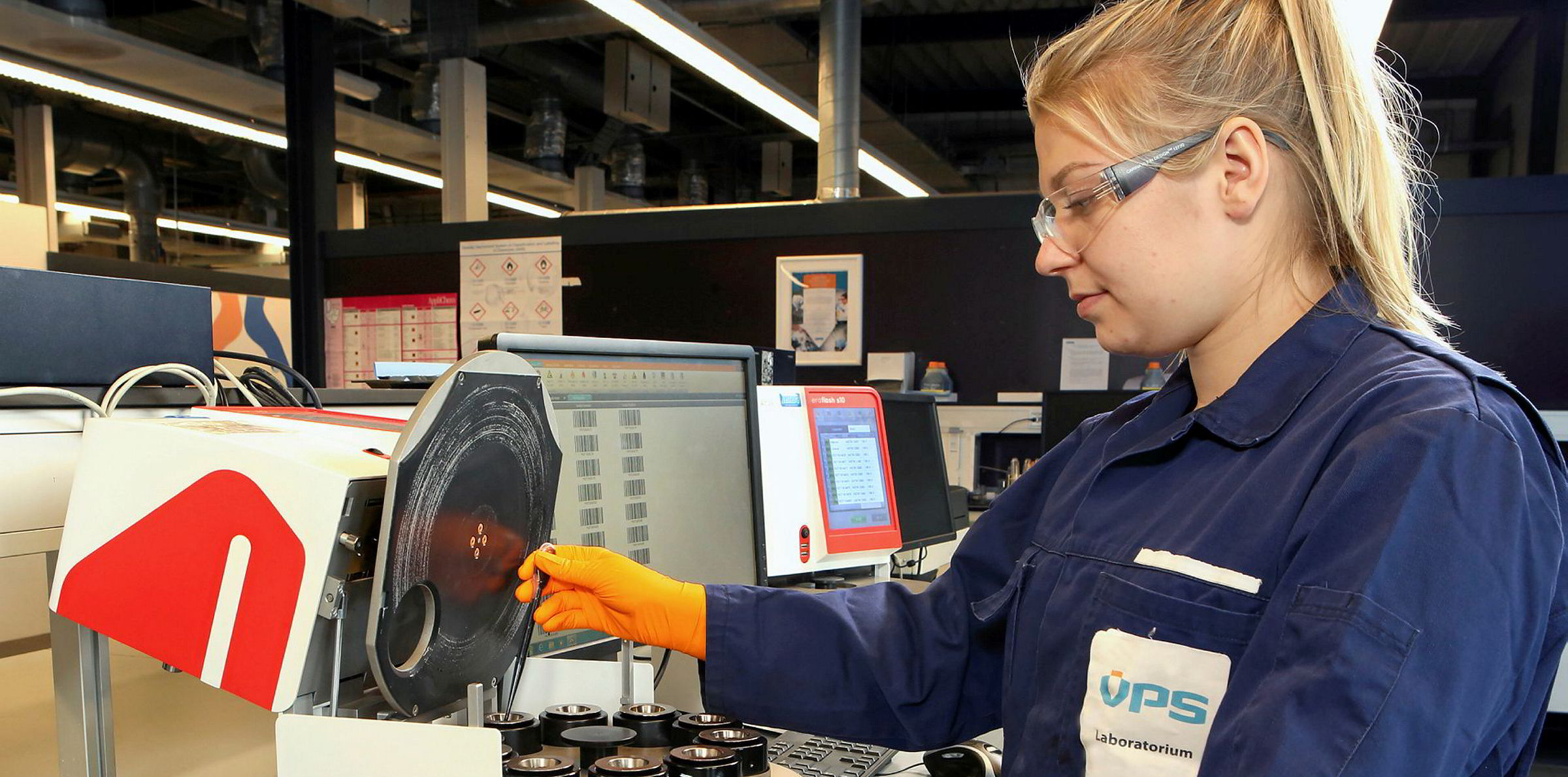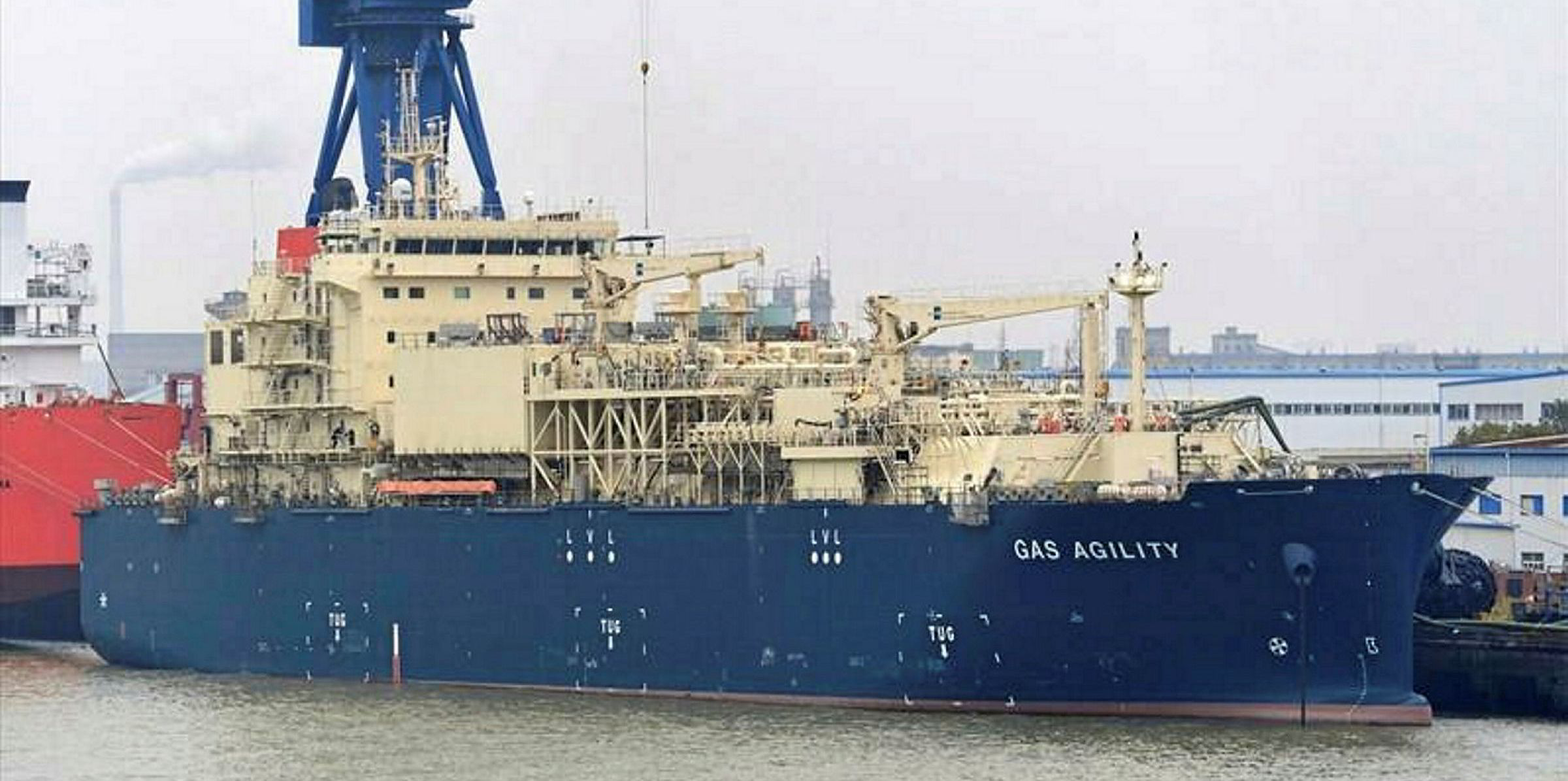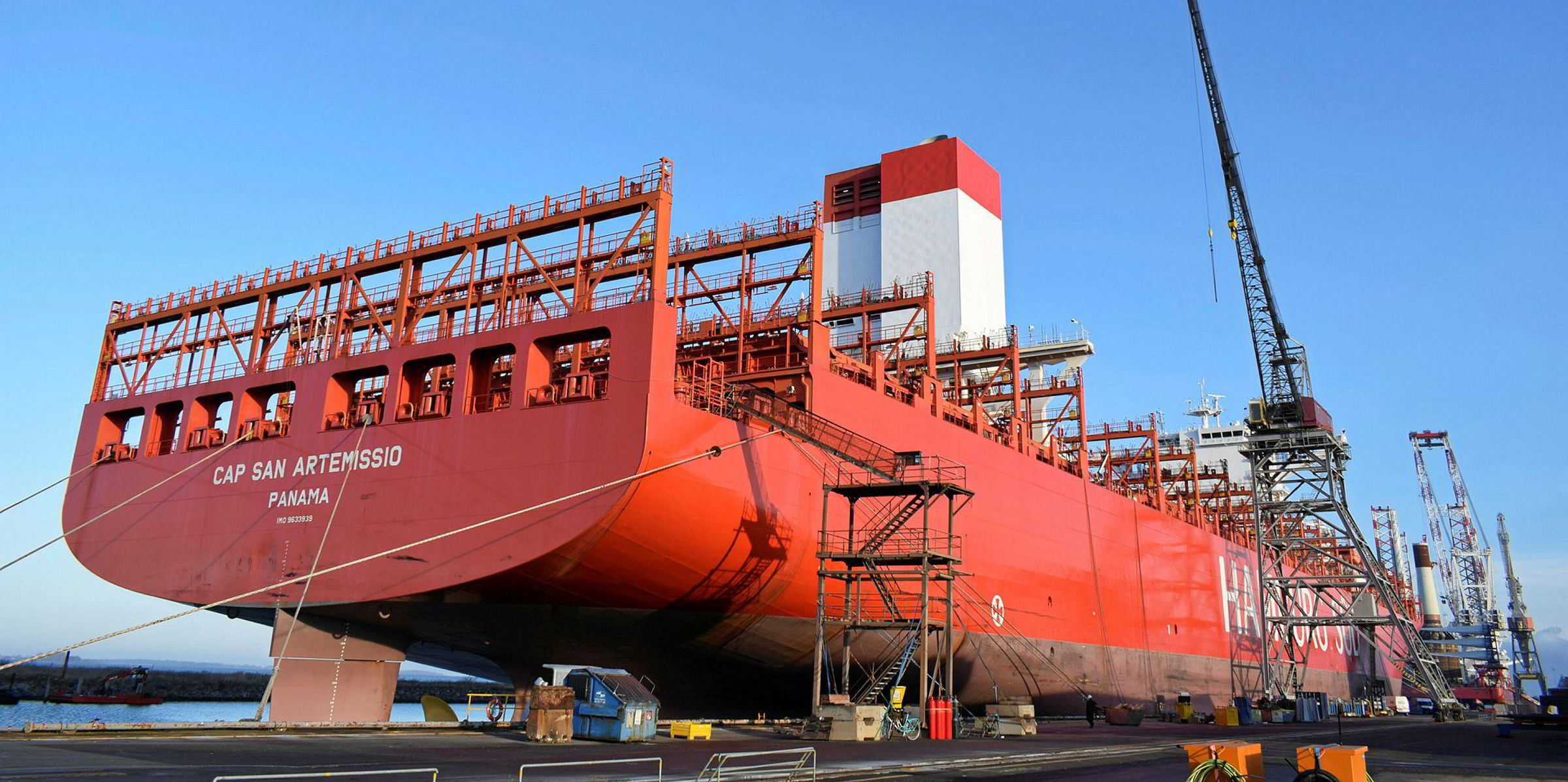The coronavirus pandemic has apparently hurt the quality of very low sulphur fuel oil (VLSFO) while helping avert a supply crunch, bunker experts have suggested.
Veritas Petroleum Services (VPS) data has revealed a deterioration in fuel quality, with the percentage of off-specification samples rising to 5.5% in June from 4% in April.
Europe was the worst-performing region: 13.5% of test samples there did not meet required standards in June.
The International Maritime Organization lowered the global sulphur cap on marine fuels at the start of 2020 to 0.5% from 3.5% to reduce air pollution.
But in the first six months of the year, fuel suppliers continued modifying their means of producing VLSFO — the most popular IMO 2020 bunker grade — as consumption of all oil products fell during the Covid-19 crisis.
Instability
On a global average basis, about 5.4% of VLSFO samples were found to be off-spec between January and June, according to VPS.
“Fuel [instability] remains one of the primary concerns for consumers of VLSFOs,” the fuel tester said in an interim report. “VPS has observed in the past few months that VLSFOs that are tested as stable when bunkered quickly become unstable a few weeks after bunkering.
“Fuels were observed to flocculate and become unusable, indicating the low shelf life of some VLSFOs.”
VPS data also showed sulphur non-compliance in VLSFO samples had fallen from 3.68% in January to 1.1% in April before rising to 2.5% in June.

“It seems that during the Covid-19 crisis the share of non-compliant VLSFO samples grew,” the company said.
Trial and error
Refiners are using more vacuum gasoil to produce VLSFO at the expense of gasoline, demand for which has been hit harder by the pandemic than bunker fuel.
This could lead to higher paraffin content in bunker fuel and instability issues, according to consultancy BLUE Insight lead director Adrian Tolson.
In addition, fuel producers have been experimenting with new VLSFO recipes with excess stocks of blending components, ClipperData senior energy analyst Josh Lowell told TradeWinds.
“If you can shift your VLSFO recipe to take advantage of market conditions, you are not beholden to a single VLSFO formula that may be cost-ineffective,” Lowell said.
Side effects
“That being said, there are obvious side effects of experimenting, perhaps leading to the higher rate of compatibility issues reported by VPS.
“Still, now might be an ideal trial period to test different ideas while VLSFO demand is relatively weak.“
Meanwhile, analysts at Alphatanker believe the pandemic helped shipowners avoid a supply shortage during the first half.
They estimated that international marine fuel demand declined by 3% from the same period of 2019 due to fewer sailings of cruiseships, ferries, bulkers and containerships.
“Before Covid-19, we were expecting a crunch in VLSFO markets during the first half as global VLSFO consumption would outstrip supply,” a research note from Alphatanker said.
“IMO 2020 proved to be a storm in a teacup, although this was more due to good fortune with the timing of the Covid-19 pandemic rather than by design.”







